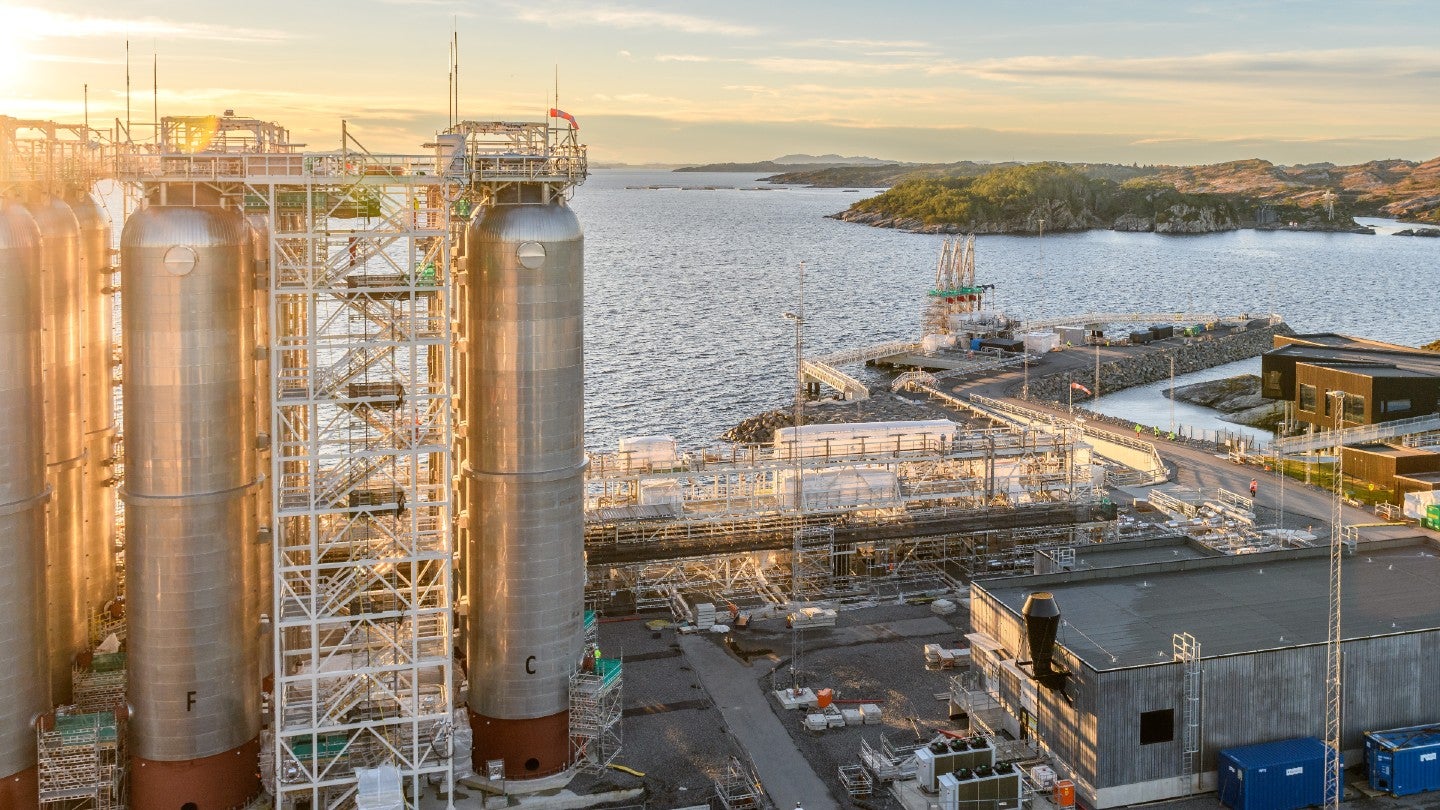
Norway-based chemical manufacturer Yara International has signed a commercial agreement to enable the cross-border transportation and storage of CO2 from its ammonia plant in Sluiskil, the Netherlands.
In a press statement, Yara said the new arrangement will reduce its CO2 emissions by 800,000 tons (725,750 tonnes) annually. The CO2 will then be liquefied and permanently stored in the Norwegian continental shelf, 2.6km under the seabed.
Yara will contract CO2 transport and storage supplier Northern Lights to ship the ammonia from the Netherlands to Norway. Børre Jacobsen, Managing Director of Northern Lights, welcomed the decision, saying: “We are very pleased that Yara has selected Northern Lights as CO2 transport and storage provider. This commercial agreement gives us the opportunity to further utilise the capacity at our storage site below the North Sea. It confirms the commercial potential for CCS and demonstrates that the market for transport and storage of CO2 is evolving rapidly.”
In 2022, the Netherlands produced 152.22 megatons of CO2, making it one of the biggest polluters in Western Europe, according to Greenmatch.
By cutting 800,000 tons of CO2, Yara would reduce annual emissions in the Netherlands by 0.5%. Over the next 15 years, the company plans to remove roughly 12 million tons of CO2 from its Sluiskil plant.
“This is a milestone for decarbonising hard-to-abate industry in Europe, and for Yara it’s an important step towards decarbonising our ammonia production, product lines and the food value chain at large,” said Svein Tore Holsether, CEO of Yara International.

US Tariffs are shifting - will you react or anticipate?
Don’t let policy changes catch you off guard. Stay proactive with real-time data and expert analysis.
By GlobalDataChemical fertilisers are among the heaviest polluters around the world, with synthetic nitrogen fertilisers now proven to be a major driver of climate change. According to the Institute for Agriculture and Trade Policy, one out of every 40 tons of greenhouse gas emissions is currently the result of nitrogen fertilisers being released into the air. Yara is one of Europe’s biggest nitrogen fertiliser producers, alongside CF Industries.



